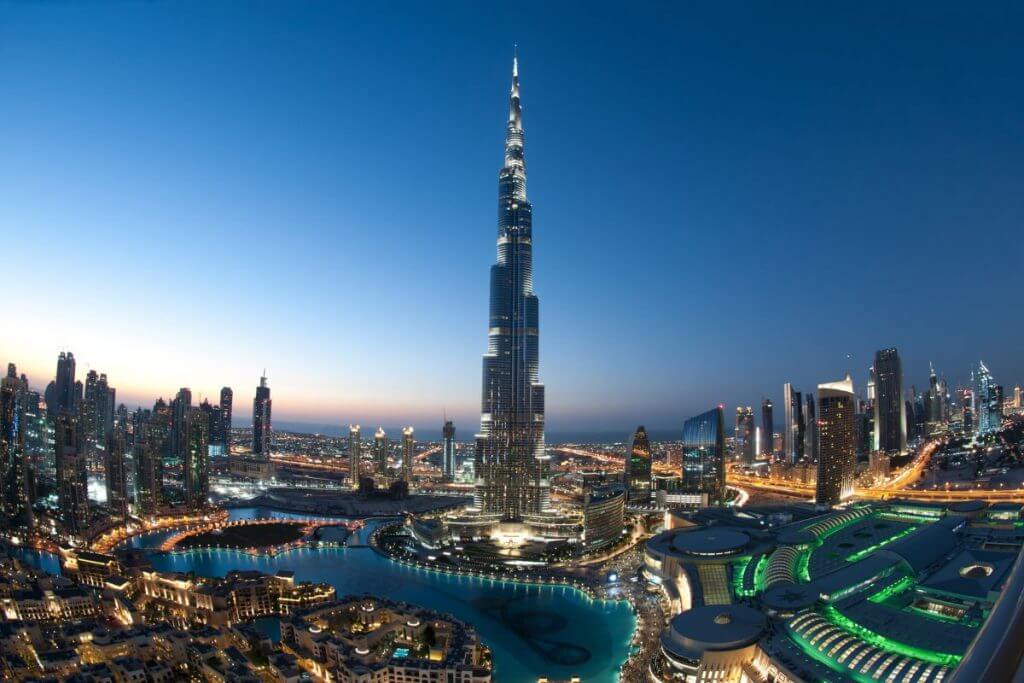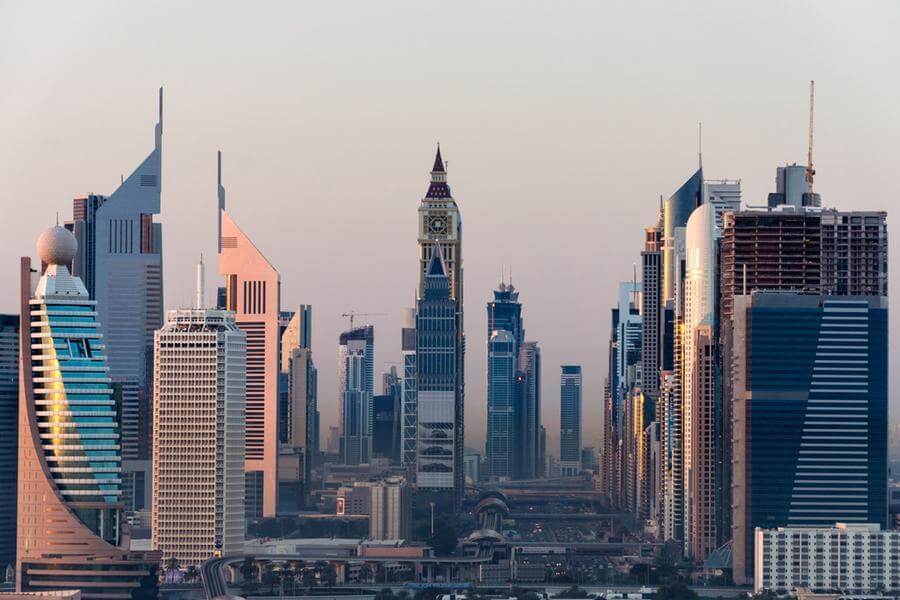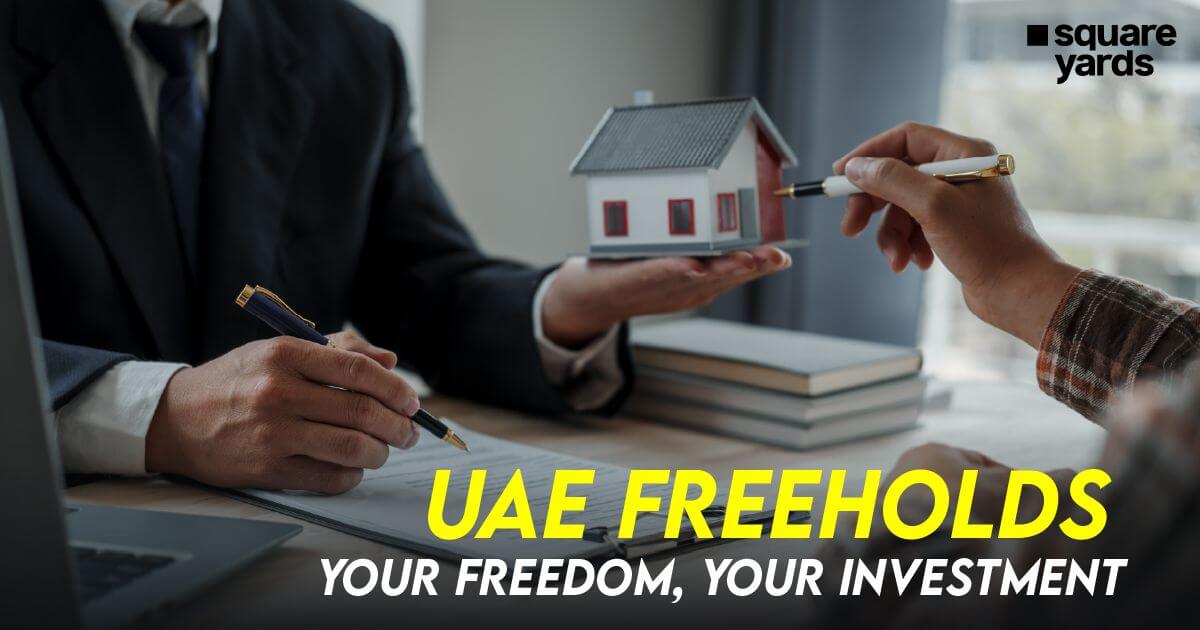The UAE’s excellent global position makes it a major hub for the economy and significant real estate growth. Impressive returns on investment, excellent infrastructure, and a diverse lifestyle contribute to the high demand for real estate investment in the UAE, attracting both locals and foreigners. The concept of freehold property in UAE has transformed the emirate’s real estate sector. This blog will provide a thorough understanding of what freehold property in Dubai entails and why it has become a game changer for both local and foreign investors. In this volatile market, understanding the implications and benefits of freehold property ownership is critical for anybody trying to make sound financial decisions.
Understanding Freehold Properties in the UAE

In simple terms, having a freehold property in Dubai means you fully own a house or land in specific areas. This ownership right applies to both locals and non-locals, as long as they follow the rules. Buying or selling these properties is easy – no special permission is needed, and paperwork is minimal. With around 60 freehold zones in Dubai, these properties offer a luxurious lifestyle, giving investors a strong sense of ownership and pride. In these areas, non-nationals enjoy complete ownership rights to the land, and they can use the properties as allowed by local laws. Selling a freehold property in Dubai doesn’t require state approval and involves a straightforward paperwork process. The real estate market in Dubai gained popularity after introducing freehold homes in 2002, attracting investors worldwide.
A New Chapter Begins: The Freehold Property Era in Dubai
The idea of owning property in Dubai is a big change in how real estate works there. Freehold property means you can fully own both the land and the buildings in certain areas. If you’re not from Dubai, you still get all the rights to use and own these properties, just follow the local rules. These properties truly belong to the people who own them, giving them the freedom to use them for anything allowed by the law. The interesting part is that buying and selling these properties is a straightforward process. You don’t need special permission from the government, and there’s less paperwork to deal with.
The Advantages of Freehold Properties in Dubai
Freehold properties in the UAE come with many advantages that are explained below in full detail:
-
Enduring Ownership
Owning a freehold property in the UAE means having complete and enduring ownership of both the land and structures. You have the flexibility to customize your home within certain guidelines, respecting government regulations. Additionally, the property can be passed down to your family, creating a lasting legacy for future generations. In the event of a person’s passing in the UAE, these principles remain unchanged.
-
Passing Down Property Inheritance in the UAE
Freehold properties provide a lasting legacy. Despite leasehold properties, which have fixed lease durations, freehold properties do not. This means your investment can be smoothly passed along to the next generation, assuring its safeguarding within the family for future generations.
-
Personal and Business Ventures in Real Estate
Utilizing your freehold property for home-based businesses promotes entrepreneurship. Feel free to explore different home office concepts to establish an efficient workstation. Moreover, your house can be employed for hosting guests or utilized for short-term rentals in Dubai. This can generate extra income and contribute to the local tourism industry.
-
Freedom of Choice
A different approach and incredible aspect of freehold property ownership is the unmatched flexibility it provides. As the owner, you have the freedom to decide whether to sell, lease, or occupy the property. This versatility allows you to maximise your investment while also reaping the benefits of ownership.
-
Social Integration and Cultural Experience
Freehold communities are often diverse and cosmopolitan, offering a chance for social engagement with individuals from various cultures. Additionally, some of the finest freehold residences in the UAE, like Dubai Marina and Palm Jumeirah, enable you to immerse yourself in the rich historical fabric of the region.
-
Visa Benefits
If you own a freehold property in Dubai, it comes with some great perks for visas. If you meet certain requirements, you and your family can get visas to stay in the UAE. This is super helpful for people from other countries who invest in Dubai. And here’s another cool thing – if you own a freehold property, you can even apply for longer visas, like for 5 or 10 years.
-
Maximising Returns through Investment Diversity

Acquiring a freehold property expands your investment portfolio by providing a tangible asset with the potential for appreciation. Moreover, real estate, especially in sought-after locations, can serve as a hedge against inflation, preserving and potentially growing your wealth over time.
Get More Knowledge About Dubai Freehold Property
There are some important information that you must know about your freehold property in the UAE:
-
- When you buy a freehold property in Dubai, it means you fully own it.
- Having a freehold property gives you complete rights to use it however you want, within the rules. You can live in it, rent it out, or even sell it – it’s all up to you.
- Compared to other types of property, freehold properties might be a bit more expensive. But many people think it’s worth it because of the ownership advantages.
- Freehold properties don’t have a time limit. Once you own it, you own it for as long as you want. It’s not like a lease that expires after a certain period.
- Unlike some other types of property, owning a freehold property doesn’t come with many obligations.
- If you want to buy a freehold property and need a loan, it’s usually easier to get one from a bank. Banks feel more secure lending money for freehold properties because of the clear ownership.
- Owning a freehold property typically doesn’t come with many additional charges. Once you’ve bought it, you’re the boss, and you don’t have to worry about extra fees unless specified by local regulations.
Is Freehold Property Investment in the UAE a Suitable Choice for You?
Buying property that you own outright in the UAE might be a wise decision, depending on what you’re aiming for. The major advantage is that you get full ownership of the property, giving you the freedom to live in it, rent it out, or sell it. This investment type also opens up the opportunity for long-term residency visas for you and your family. It’s usually easier to secure a bank loan for freehold properties due to their clear ownership structure. However, it’s important to note that freehold properties may come with a higher initial cost compared to other options, and you should be mindful of potential maintenance and service charges.
Top Freehold Areas in the UAE For Investment

When you’re an expat buying a home in Dubai or any other emirate, you need to think about a few things. It’s about picking a place, looking at how the property market is doing, and checking out what each area has to offer. Here are some good places to think about for investment, sorted by emirate, to make it easier to understand.
-
Dubai
Renowned for its varied property offerings, Dubai caters to a wide range of preferences. In terms of international investment, Dubai boasts numerous sectors with freehold properties. One can find exclusive villas and apartments in Arabian Ranches, Emirates Hills Estates, and Jumeirah.
-
Abu Dhabi
You have many options if you are looking for neighbourhoods in Abu Dhabi offering comfortable living and a plethora of amenities for property ownership. Various areas, including Al Reef, Al Raha Beach, Saadiyat Island, Masdar City, Al Reem Island, and more, provide opportunities for freehold property.
-
Sharjah
In Sharjah, expats can own a place as per the current rules. They can have it for up to 100 years if they register with the Sharjah Real Estate Registration Department (SRERD). If you’re planning to buy a home in Sharjah, the best areas for expats are Al Khan, Tilal City, Al Jada, and more.
-
Ras Al Khaimah
If you’re not from around here, you can still buy a place in Ras Al Khaimah and have a peaceful life. Good spots for you to consider are Al Marjan Island, Mina Al Arab, Al Hamra Village and Dafan Al Nakheel.
Regulations on Foreigners Purchasing Real Estate in the UAE
If you’re not from the UAE, there are some rules to follow when buying property, and they’re a bit different in each emirate. For example, in Abu Dhabi, non-UAE folks can now own freehold land, which wasn’t allowed before. It means expats have more control over properties in certain areas. In Dubai, the DLD takes care of the paperwork, and there’s no age limit for buying a property. Other emirates also have their own specific rules for property ownership.
Procedure for Acquiring Freehold Property in the UAE
If you wish to buy property in Dubai, Abu Dhabi, or any other emirate, you should first look for regions where persons from outside the UAE can own property. Examine the rules for each emirate to determine what you must accomplish. Speak with reputable real estate developers in Abu Dhabi or wherever you are interested. They will walk you through the procedure and inform you of your options. Once you find a property you like, make an offer and talk to the seller about the terms. Check out the property’s legal status and any fees – this is called due diligence. When everything looks good, work with legal experts to finish the deal and handle the paperwork. Remember that there are expenditures involved, such as the purchase price of the property, registration fees, and service fees. If you require funds, consider obtaining a property loan for expats in the UAE. It is a method of financing your investment.
Winding Up
Owning a freehold property in the UAE offers full ownership rights, flexibility, and potential long-term residency. Each emirate has its rules, so understanding them is crucial. Despite potential higher costs, benefits like complete ownership and ease of obtaining loans make it an appealing investment, especially with recent permissions for non-UAE nationals in certain areas. Careful research, legal adherence, and financial planning are significant to a successful experience in the UAE’s dynamic real estate market.
Frequently Asked Questions (FAQs)
This form of property grants you full control over both the unit and the land.
When you buy a freehold property outright (whether with a mortgage or cash), you own both the house and the land it sits on. Leasehold is when you buy the rights to the property for a set amount of time, usually 99 years.
Non-citizens and foreigners can purchase freehold homes in Dubai in the DLD (Dubai Land Department) designated freehold areas.
While the requirements differ based on the property and region, buying a freehold property in Dubai necessitates completing certain legal and financial conditions.
Certainly, freehold properties in Dubai are versatile and can be utilised for residential and commercial purposes, provided they adhere to local laws and regulations.
Foreigners are allowed to own property in nine specific areas in Abu Dhabi. These areas are Yas Island, Saadiyat, Reem, Mariya, Lulu, Al Raha Beach, Sayh Al Sedairah, Al Reef, and Masdar City.
In Dubai, freehold properties grant ownership of both the property and the land indefinitely, allowing buyers to have perpetual ownership. Non-freehold properties, on the other hand, typically involve leasehold arrangements where ownership is limited to a specific period, usually 99 years.
Yes, UAE nationals are free to buy a freehold property.
DIFC (Dubai International Financial Centre) is a leasehold. What is the importance of owning freehold property in Dubai?
What is the difference between freehold and leasehold property ownership in Dubai?
Non-citizens and expatriates are permitted to acquire freehold property in Dubai.
Is there a set of requirements for acquiring a freehold property in Dubai?
Can I utilise a freehold home in Dubai for business?
In which parts of the UAE can foreigners acquire freehold property?
What is the difference between freehold and non-freehold in Dubai?
Is it possible for a UAE national to purchase a freehold property?
Is the DIFC a freehold or leased property?




